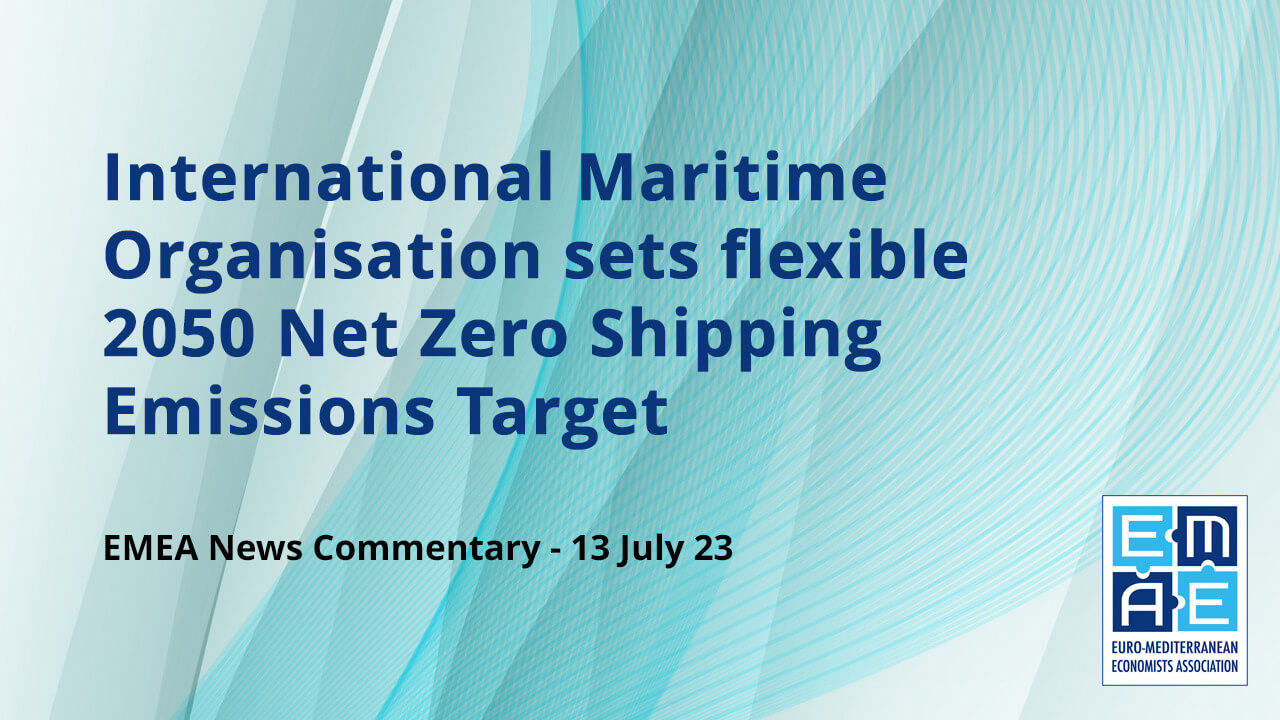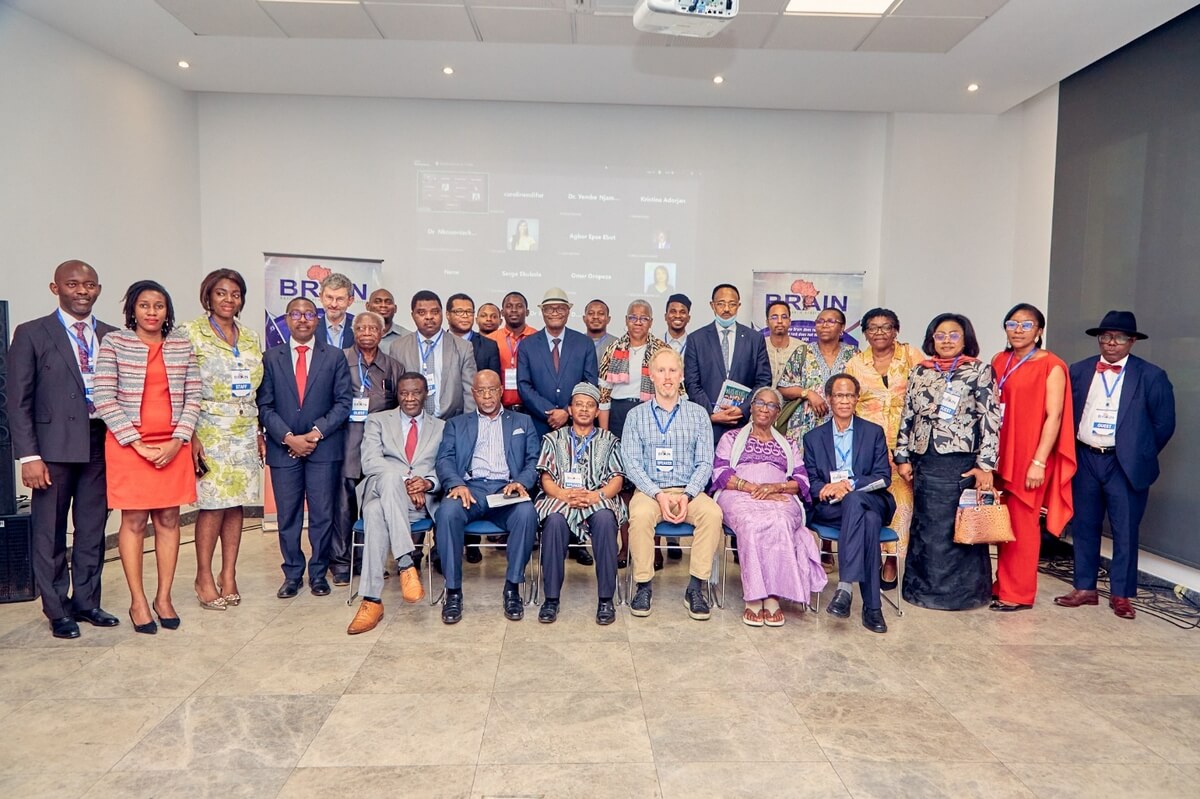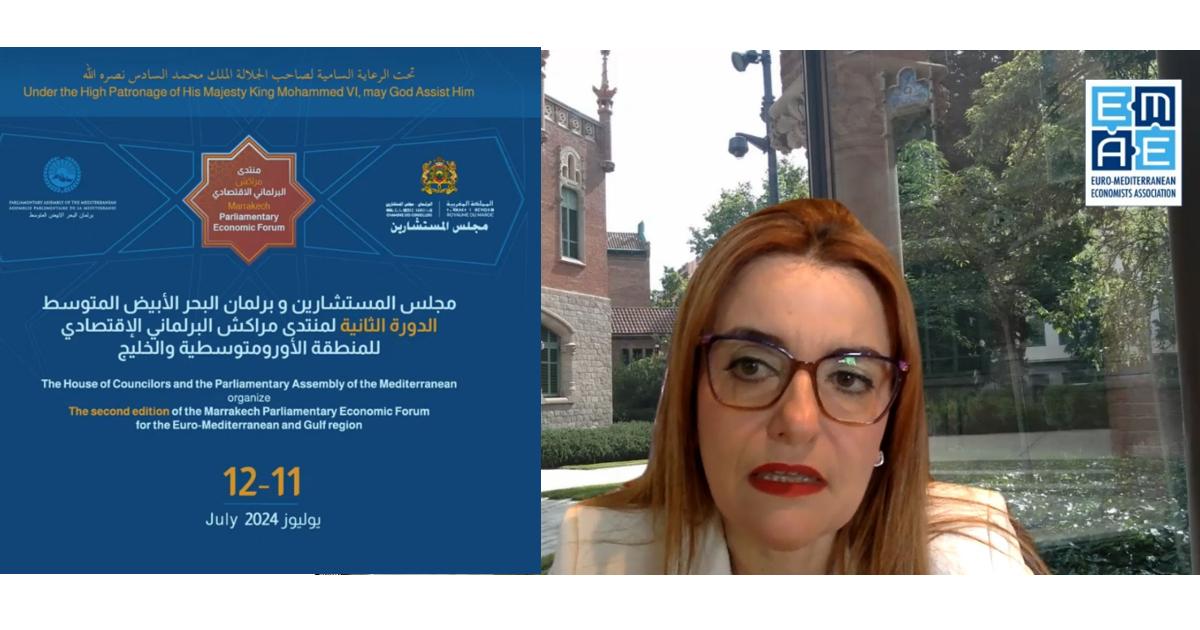Following key talks on how the shipping industry addresses the on-going issue of reducing greenhouse gas emissions (GHGs), The International Maritime Organisation (IMO) has just agreed to set “a flexible” net zero goal “by around” 2050,”
Within this important resolution, the IMO has also inserted a clause stating: “if the national circumstances allow”, as reported in the Telegraph of India.
Indeed, the IMO announcement may not be enough to appease environmentalists, who have been pressing for a firm commitment from the fuel-intensive maritime industry in respect of the 2050 date, according to the Financial Times.
A set-in-stone 2050 target has been advocated by developing nations and small Island states, who have been calling for a major reduction in GHGs from the global shipping industry, which are currently running at around one billion tonnes annually. The sector is responsible for around 3% of total global emissions.
IMO member states have opted to reduce emissions through a series of “indicative checkpoints”, starting initially at 20%, then increasing to 30% by 2030 and between 70% and 80% by 2040. Most developed nations wanted the target to be geared around the middle of the century, rather than a specific date.
The IMO is a United Nations agency, charged with the safety and security of international shipping and the prevention of ship pollution. During these latest talks, the Maritime Environment Protection Committee (MEPC) of the IMO also agreed on a goal to uptake zero GHG emission technologies, fuels and energy sources, by “at least 5 per cent, striving for 10 per cent by 2030”. At the same time, the MEPC has urged that attention needs to be given to training seafarers in how to use green fuels.
The various caveats in the IMO resolution are symptomatic of the distrust between wealthier and less advanced countries in trying to reach a compromise solution. Much is at stake, given that the maritime industry is responsible for up to 90% of goods traded globally.
Civil society organisations are complaining that these industry targets will fall way short of what will be required to keep rising global temperatures within the 1.5˚C threshold.
Faig Abbasov, director of shipping at climate group Transport & Environment, who attended the IMO talks, said. “Compromise often reflects the lowest possible denominator. That is the big concern.
“This is pretty much the last strategy for the next decade. This is the moment . . . The UN had the opportunity to set an unambiguous and clear course towards the 1.5˚C goal, but all it came up with is a confusing fudge,” remarked Abbasov.
Meanwhile, Denmark’s Minister for Climate Policy, Dan Jørgensen, has been telling the Financial Times that a shipping levy would be an innovative source of help in the fight against climate change.
Speaking after the Paris Summit, Mr Jørgensen said there was a need to “to accelerate the mobilisation of more private financing — that is clear to everybody. Also, I think it’s become clear that we should not look at climate financing as something that is in conflict with poverty eradication.”
Shipping talks approach deal on ‘close to 2050’ net zero target | Financial Times (ft.com)
Dan Jørgensen: A shipping levy is an innovative source of climate finance | Financial Times (ft.com)





